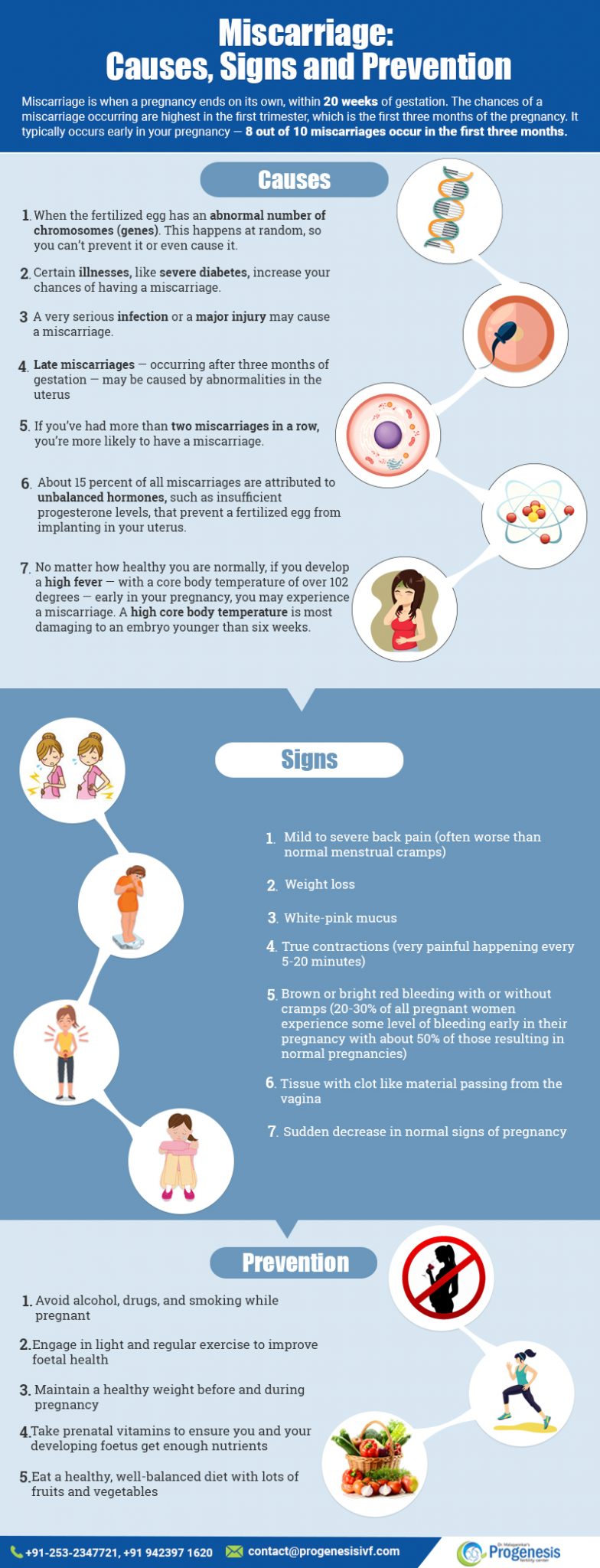A miscarriage is when a pregnancy comes to a premature end on its own. It usually occurs within 20 weeks of getting pregnant and affects a significant portion of pregnant women. In fact, the chances of suffering a miscarriage are the highest in the first trimester, which is defined as the first three months of the pregnancy. Statistics show that close to 80 percent of miscarriages occur in these first three months.
Miscarriages can be devastating for couples, especially those who have gone through multiple fertility treatments to conceive in the first place. However, in cases where a fertilized egg has an abnormal number of chromosomes, there is precious little anyone can do to prevent or preempt a miscarriage.
Probable Causes of Miscarriage
That said, there exist other causes that an expecting couple could prepare for. For instance, it is important to avoid any major injury or serious infection during pregnancy as they can lead to a miscarriage. Similarly, unmanaged diabetes and a disturbed hormone balance can also cause a miscarriage. Women who’ve previously undergone miscarriages are also at a greater risk of suffering from a miscarriage. In the event of a late miscarriage, uterine abnormalities are the most likely culprits. Lastly, women who’ve been pregnant for less than six weeks should guard against high fever (above 102 degrees) as it can damage an embryo irreparably.
Signs of an Impending Miscarriage
If a pregnant woman in her first trimester experiences one or more of the following signs and symptoms, it could be a sign of possible miscarriage.
- Back pain that ranges from mild to severe and is worse than menstrual cramps.
- A sudden and unexpected loss of weight.
- Mucus discharge that is whitish-pink in color.
- Highly painful contractions that happen every 5-20 minutes.
- Brown or bright red bleeding with or without cramps.
- The elimination of a tissue with a clot like material from the vagina.
- A sudden decrease in the usual signs of pregnancy.
Though unfortunate, a miscarriage is not all that uncommon. It is basically a rejection of the developing embryo by the body due to several reasons, the most common of which are explained above. By avoiding things that pose a threat to the pregnancy in the first three months, a couple can bring down the risk of suffering a miscarriage by a huge margin.


